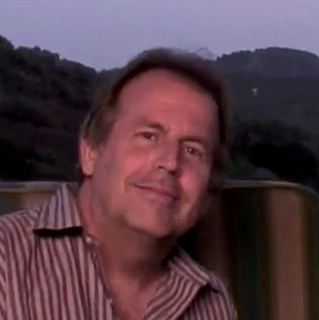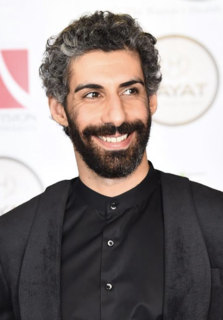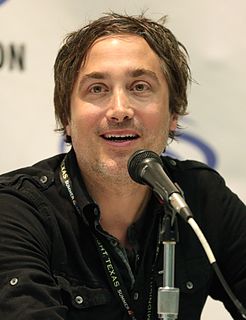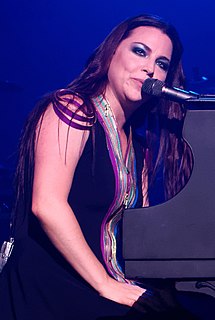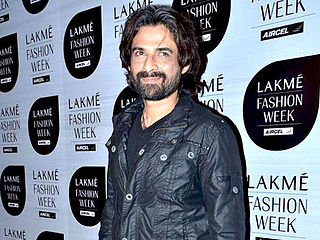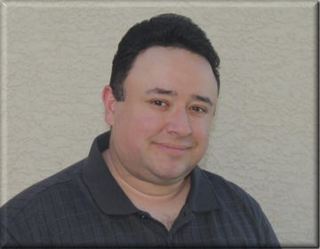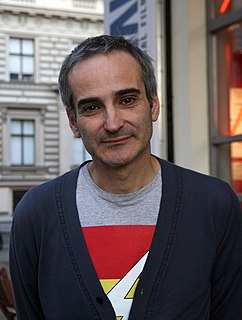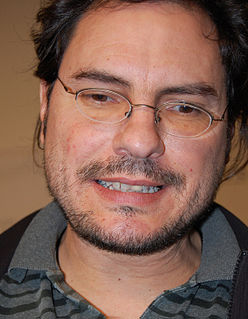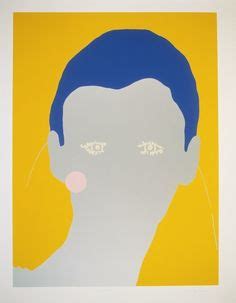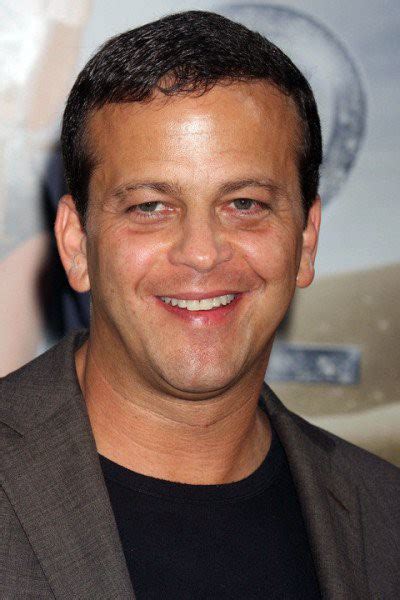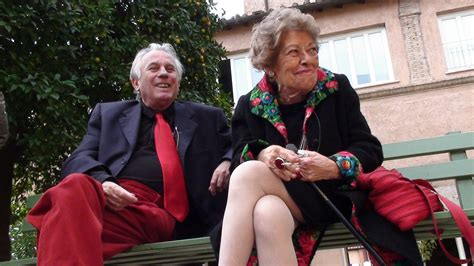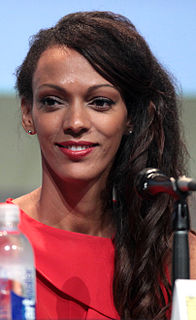Top 1200 Film Writing Quotes & Sayings
Explore popular Film Writing quotes.
Last updated on December 18, 2024.
In Hollywood, story content of movies follows a hierarchy of power, not the relative quality of various ideas. Hollywood does not lack for quality writing. It's just that quality writing commonly has to be sacrificed in order to propel a film into production. A studio needs a star and a director to make a film, so those are the folk who'll define the content. If they don't have the same creative sensibilities, then the content will change.
Writing a film - more precisely, adapting a book into a film - is basically a relentless series of compromises. The skill, the "art," is to make those compromises both artistically valid and essentially your own. . . . It has been said before but is worth reiterating: writing a novel is like swimming in the sea; writing a film is like swimming in the bath.
I went to film school when I was 17, and of course when you are very young you think that there is nothing else in the world except film. At some point I started getting hungry to see something else. For five years I didn't make any films, I was traveling around the world, writing for newspapers, working in theater, working in opera, I thought I would never return to film.
I wanted to be a director first to protect my writing. I'm a playwright and you don't need to protect your writing when you're in the theater because everyone's there to protect the writing. When I had an idea for a film that I really cared about as my own, I wanted to direct it, and then I immediately became interested in directing in and of itself because it's such a deep art. You suddenly have all these tools at your disposal to tell the story.
I started writing because I wanted to write scripts, but I wasn't very good at it. Then I started writing short stories, sort of as treatments for the film scripts, and I found I enjoyed writing short stories far more than I enjoyed writing film scripts. Then the short stories got longer and longer and suddenly, I had novels.
I hate to write and spend months just waiting for the film to get financed. Then when you start preparing the film and you shoot it, you've already forgotten why you wanted to make the film in the first place. I like to have some kind of coherent energy that takes you through writing, preparing, shooting.
There's exceptional work being done on television. Some of our great writers are writing for television. When you have things to choose from, you typically go after the writing - unless you're going after the money. There are fewer opportunities in film to make money with good writing, unless you're an action hero.
I've actually done more [music for] films than television. I love the process of writing for a film. I love that you are creating this suite of music for a film, that's all tied together sonically and thematically and hopefully people associate with the film. They all are meaningful to me in different ways.
When I make a film, I never stop uncovering mysteries, making discoveries. When I'm writing, filming, editing, even doing promotional work, I discover new things about the film, about myself, and about others. That is what I'm subconsciously looking for when shooting a film: to glimpse the enigmas of life, even if I don't resolve them, but at least to uncover them. Cinema is curiosity in the most intense meaning of the word.
When I was writing the script, I knew didn't want to make a sports movie. I was very clear that I wanted to make a sibling rivalry story. So when I was writing the script, the football was getting in the way of the drama. One day, I saw Michael Haneke's Funny Games, which is probably the most violent film I've ever seen - but the violence is off camera. When I finished watching the film, I said, 'Hey, that's what I have to do.' Haneke gave me this solution.
All of my plays have puzzled some people, and I'm happy to say delighted a few, but a lot of people have just not seen how quite to look at them. And this film... if you like my writing, you'll like this film. If you don't, you won't like the film. It's pretty faithful to - it's a pretty uncompromising presentation of my way of seeing things, I suppose.
Writing objects to the lie that life is small. Writing is a cell of energy. Writing defines itself. Writing draws its viewer in for longer than an instant. Writing exhibits boldness. Writing restores power to exalt, unnerve, shock, and transform us. Writing does not imitate life, it anticipates life.
Cartooning is completely different from other media: it is closely related to film and prose, other narrative forms, but the skills needed to realize a story are very different, and include not only drawing and writing dialogue and narration, but graphic design and the ability to depict time passing visually. It's a whole suite of skills that has to go into making a comics page, skills that are quite distinct from those that go into writing a page of prose, or making a film.
Essentially, the scripts are not that different. Let's say, in literary terms, it's the difference between writing horizontally and writing vertically. In live television, you wrote much more vertically. You had to probe people because you didn't have money or sets or any of the physical dimensions that film will allow you. So you generally probed people a little bit more. Film writing is much more horizontal. You can insert anything you want: meadows, battlefields, the Taj Mahal, a cast of thousands. But essentially, writing a story is writing a story.
If you make a film, that magic is not there, because you were there while shooting it. After writing a film and shooting it and being in the editing room every day, you can never see it clearly. I think other people's perception of your film is more valid than your own, because they have that ability to see it for the first time.
The core plot of 'Mercury' is so gripping that when I thought of making it as a silent film, it only made it more interesting. Once I finished writing the first draft, making a silent film that's both thrilling and engaging seemed possible. When the film team read the final script, they felt the same.
Film writing and concert writing are two very different things. In film writing I am serving the film and it tells you what to write. I have to stay within the parameters of the film. In writing concert music for the stage I can write anything I want and in this day and modern age rules can be broken.
